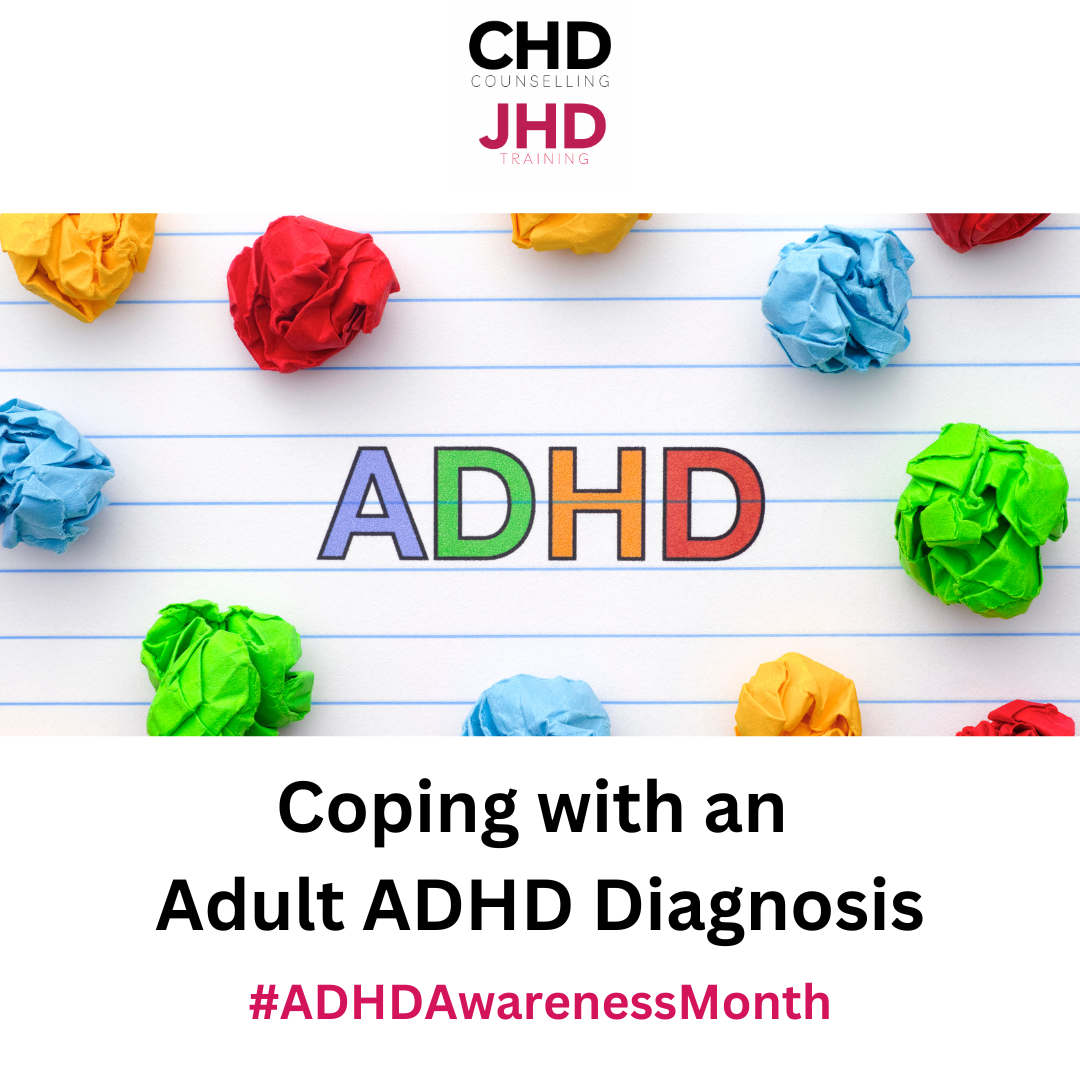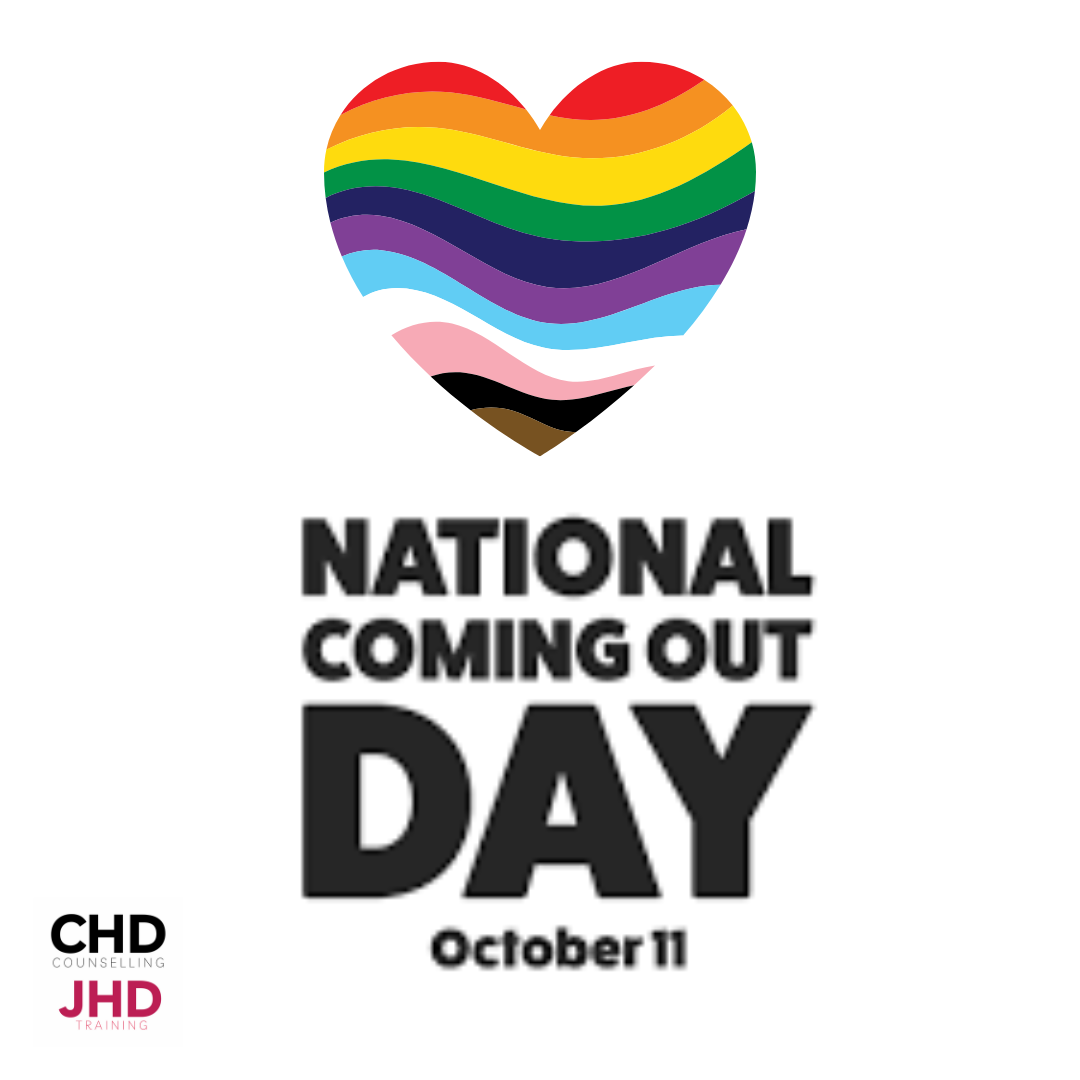Do I need some help and support?
Do I need some help and support?
How are you feeling today? More importantly how have you been feeling consistently over the last couple of weeks? If the answer is up and down or not great at all there is a chance you could need to seek some help and support.
It is important that if you feel stressed, anxious or are struggling with low mood that you seek help as soon as you feel under the weather. Issues with mental health are very common and with talking therapy can be solved pretty quickly. However if left mental health issues can develop in to mental health illness such as clinical depression, bi polar, personality disorders, ocd etc.
There is often the view that having not felt great for a couple of weeks that ‘it will pass’, ‘it’s not that bad, it’s manageable’ and most commonly ‘i haven’t got it as bad as others’.
However it’s exactly at this time when you are having this very conversation with yourself that you need to ask for help. It may not pass. It shouldn’t have to be managed – you shouldn’t have to go through life just coping or surviving. You don’t need to compare yourself to others. Who invented a scale of who has it the worse and why?
If you cut your finger and it bled badly that would be the time to see medical care. You wouldn’t wait for gangrene to have set in and you at risk of losing your finger. It’s the same with our mental health. Get help when you feel under the weather and not wait for gangrene to set in and take over.
There is still a stigma around mental health although this is being broken down gradually. There is no shame in asking for help we all need it at some time in our lives. You would be surprised just how many people and who have turned to therapy for help. Mental health has no set target of type of person. It affects us all.
Signs to look out for and seek help within yourself or a friend/colleague
>Change in outlook – positive to negative or mood swings
>Sad to happy in short space of time
>Not looking after self – washing, dressing
>Lack of energy and motivation
>Feeling sad, down, hopeless
>Feeling nervous or on edge
>Struggling to concentrate
>Feeling confused
>Inability to make decisions
>Drop in confidence
>Social withdrawal wanting to isolate and be alone
>Changes in sleep, eating habits
>Feeling irritable with self and others
>Feeling bad about yourself
>Moving or speaking very slowly or being very fidgety
>Worrying about lots of different things and feeling afraid that something bad is going to happen
>Thoughts of harming self
The key here is a change in any of the above – it is the change in behaviour that indicates something is wrong.
Asking for help is hard. Seeking therapy is a brave and courageous step.
If you can reach out, then do – I guarantee it will change your life.
Write about something you know. If you don’t know much about a specific topic, invite an expert to write about it. Having a variety of authors in your blog is a great way to keep visitors engaged. You know your audience better than anyone else, so keep them in mind as you write your blog posts. Write about things they care about. If you have a company Facebook page that gets lots of comments, you can look here to find topics to write about.



LOOK AROUND
CONTACT US
Counselling enquiries
admin@jhdcounselling.co.uk
+44 7811 794203
Training enquiries
secretary@jhdcounselling.co.uk
FOLLOW US
JHD Counselling LTD

